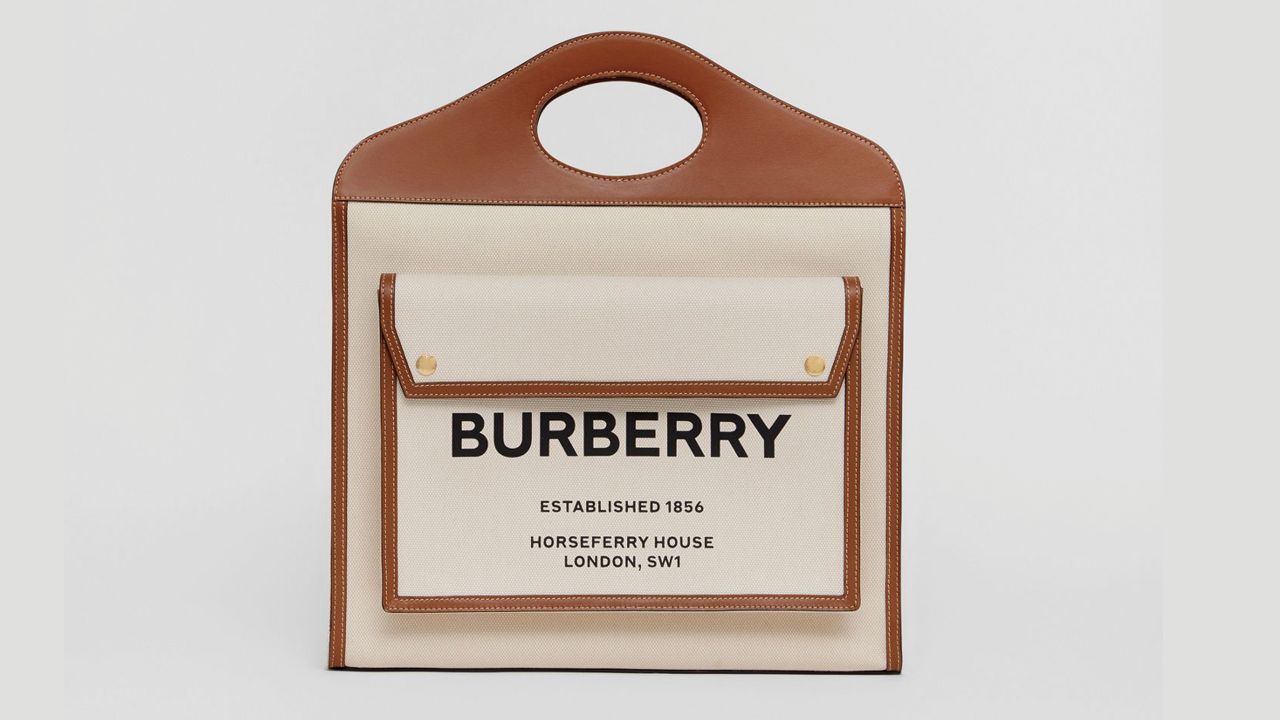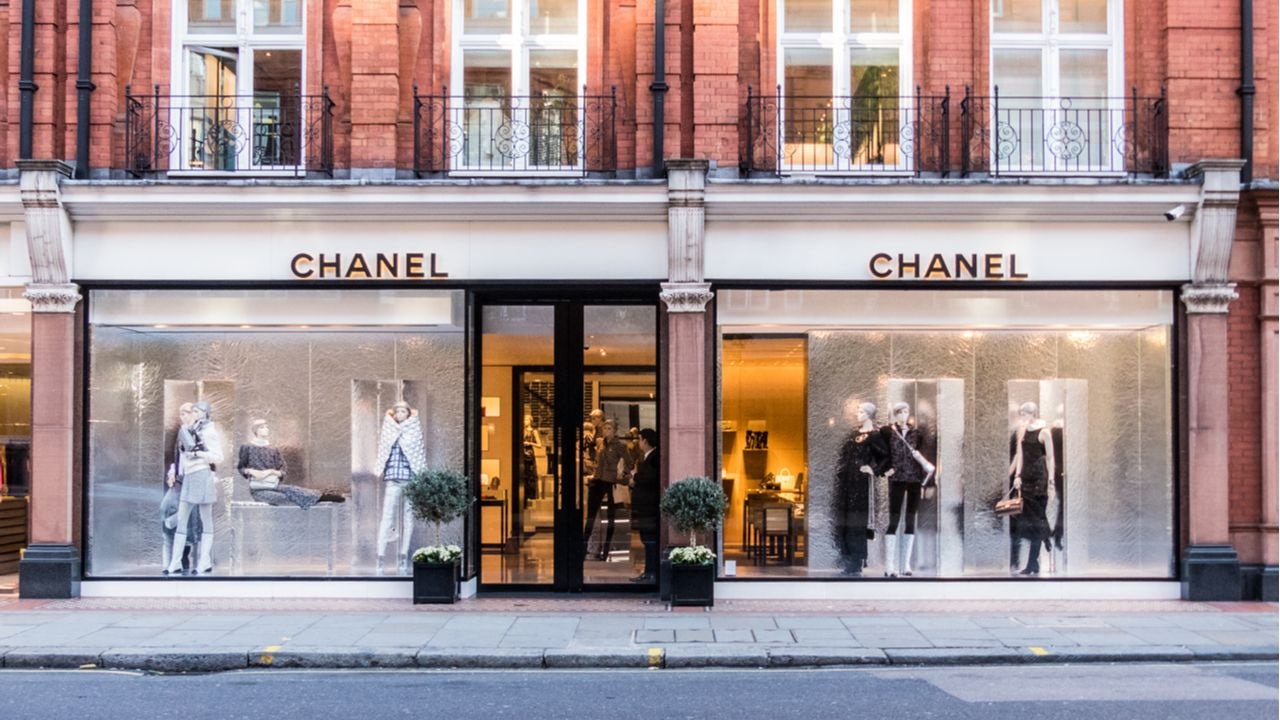British fashion house Burberry has focused on recovering markets like Mainland China and Korea by launching a variety of digital initiatives to boost new products. Now, Burberry’s starting to see some early positive results.
Even though comparable global sales declined by 45 percent in Q1 (though easing to 20 percent by June), Asia Pacific has performed well. The region only declined by 10 percent during the quarter but returned to growth in June. A leather-goods campaign is driving strong double-digit growth for the brand’s leather goods in Mainland China and Korea, which is above of pre-COVID-19 levels. Yet Mainland China's quick recovery was also partially supported by some repatriation of sales in the country, thanks to COVID-19 travel restrictions.
Here’s what Burberry did: In April, Burberry launched a leather goods campaign, featuring a series of sustainable pop-up stores that incorporated an augmented reality experience and offered a limited-edition Pocket Bag to the WeChat followers of fashion KOL Mr. Bags. All 100 bags sold out within a minute of going live on Mr. Bags’ Mini Program, raking in a total of 128,682 (900,000 RMB). The Pocket Bag styles were well-received overall, selling out within three weeks of the campaign going live.
Burberry’s product-focused strategy paid off, and going forward, Burberry said they would enter the second phase of transforming its house by sharpening its focus on products. That plan includes designing three business units that cover the ready-to-wear, accessories, and shoe categories.
In response to a question about how the brand should protect equity during a period of markdown, chief operating and financial officer Julie Brown said that “most players are in the markdown period [with] more stock going into this [period]. We are working with our digital and offline partners to normalize stock level by the end of this year.”

